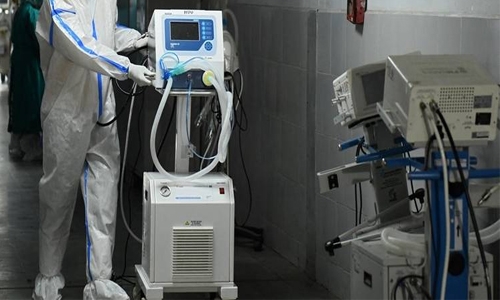WHO recommends arthritis drugs to cut death risk in Covid patients
Agencies | London
The Daily Tribune – www.newsofbahrain.com
Arthritis drugs tocilizumab and sarilumab can reduce the risk of death and the need for Covid-19 patients to be put on ventilators, finds a study.
The results have also prompted the World Health Organisation (WHO) to recommend its use in patients with severe or critical Covid-19 along with corticosteroids.
The study, published in the Journal of the American Medical Association (JAMA), showed that administering one of these drugs in addition to corticosteroids, in hospitalised patients, reduces the risk of death by 17 per cent, compared to the use of corticosteroids alone.
In patients not on ventilators, the risk of mechanical ventilation or death is reduced by 21 per cent, compared to the use of corticosteroids alone.
These are the first drugs found to be effective against Covid-19 since corticosteroids were recommended by WHO in September 2020.
Patients severely or critically ill with Covid-19 often suffer from an overreaction of the immune system, which can be very harmful to the patient's health. Interleukin-6 blocking drugs - tocilizumab and sarilumab - act to suppress this overreaction.
"These drugs offer hope for patients and families who are suffering from the devastating impact of severe and critical Covid-19. But IL-6 receptor blockers remain inaccessible and unaffordable for the majority of the world," WHO Director-General Dr Tedros Adhanom Ghebreyesus said in a statement.
"The inequitable distribution of vaccines means that people in low- and middle-income countries are most susceptible to severe forms of Covid-19. So, the greatest need for these drugs is in countries that currently have the least access. We must urgently change this."
To increase access and affordability of these life-saving products, the WHO called on manufacturers to reduce prices and make supplies available to low- and middle-income countries, especially where Covid-19 is surging.
Related Posts

